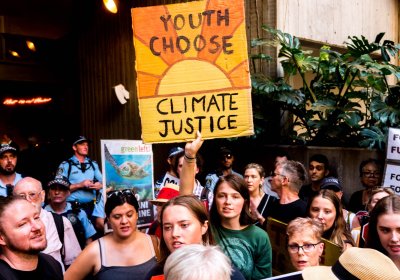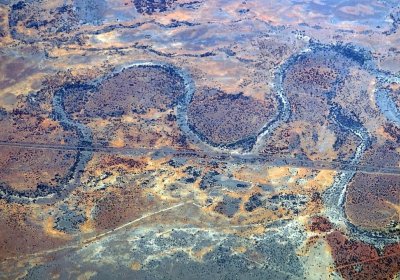On International Women’s Day, March 8, 57 countries signed on to a United Nations’ statement calling for universal sexual and reproductive healthcare, including access to safe abortions, and comprehensive sexuality education.
Australia was not one of the signatories.











